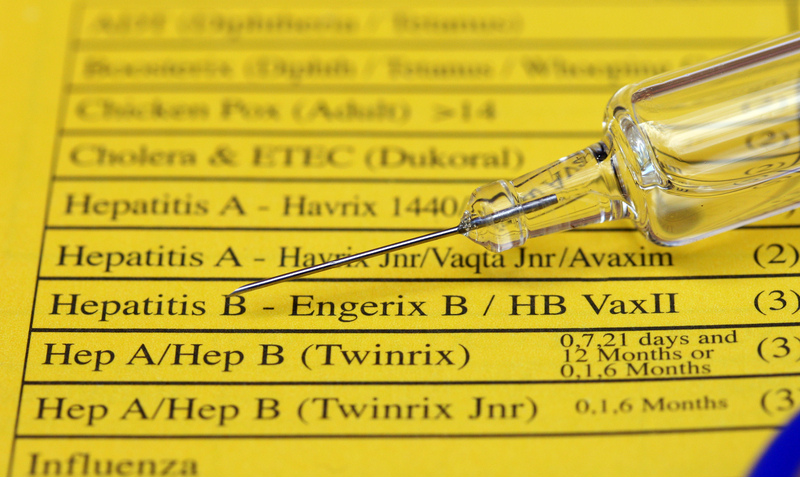Race
US FDA expands guidance on race, ethnicity data in trials
…standards for classifying race and ethnicity data, the U.S. FDA issued
Source link
Race, Ethnicity, and Cancer Type Influence Which Patients Access Hospice Care
Use of hospice services by patients with cancer has increased over time; however, hospice care is still underutilized in general and specifically a...
Variation in patterns of second primary malignancies across U.S. race and ethnicity groups: a Surveillance, Epidemiology, and End Results (SEER) an...
Purpose:
One in six incident cancers in the U.S. is a second primary cancer (SPC). Although primary cancers vary considerably by rac...
Changes in dental visits and oral health for children by race and ethnicity during the COVID-19 pandemic
Background:
The COVID-19 pandemic created new barriers to oral health care, which may worsen oral health and exacerbate disparities....
Gastric Cancer Survival Differs by Race and Ethnicity
TOPLINE:
Overall survival among US patients with resected stage II or III gastric cancer differs by race and ethnicity, with Asian and Hispanic pat...
Unmet treatment needs for mental health vary by child’s condition, race and ethnicity, study finds
A study, “Racial and Ethnic Disparities for Unmet Needs by Mental Health Condition: 2016-2021,” published in the January 2024 Pediatrics examines g...
Trending Topics
Features
- Drive Toolkit
Download and distribute powerful vaccination QI resources for your community.
- Health Champions
Sign up now to support health equity and sustainable health outcomes in your community.
- Cancer Early Detection
MCED tests use a simple blood draw to screen for many kinds of cancer at once.
- PR
FYHN is a bridge connecting health information providers to BIPOC communities in a trusted environment.
- Medicare
Discover an honest look at our Medicare system.
- Alliance for Representative Clinical Trials
ARC was launched to create a network of community clinicians to diversify and bring clinical trials to communities of color and other communities that have been underrepresented.
- Reducing Patient Risk
The single most important purpose of our healthcare system is to reduce patient risk for an acute event.


















